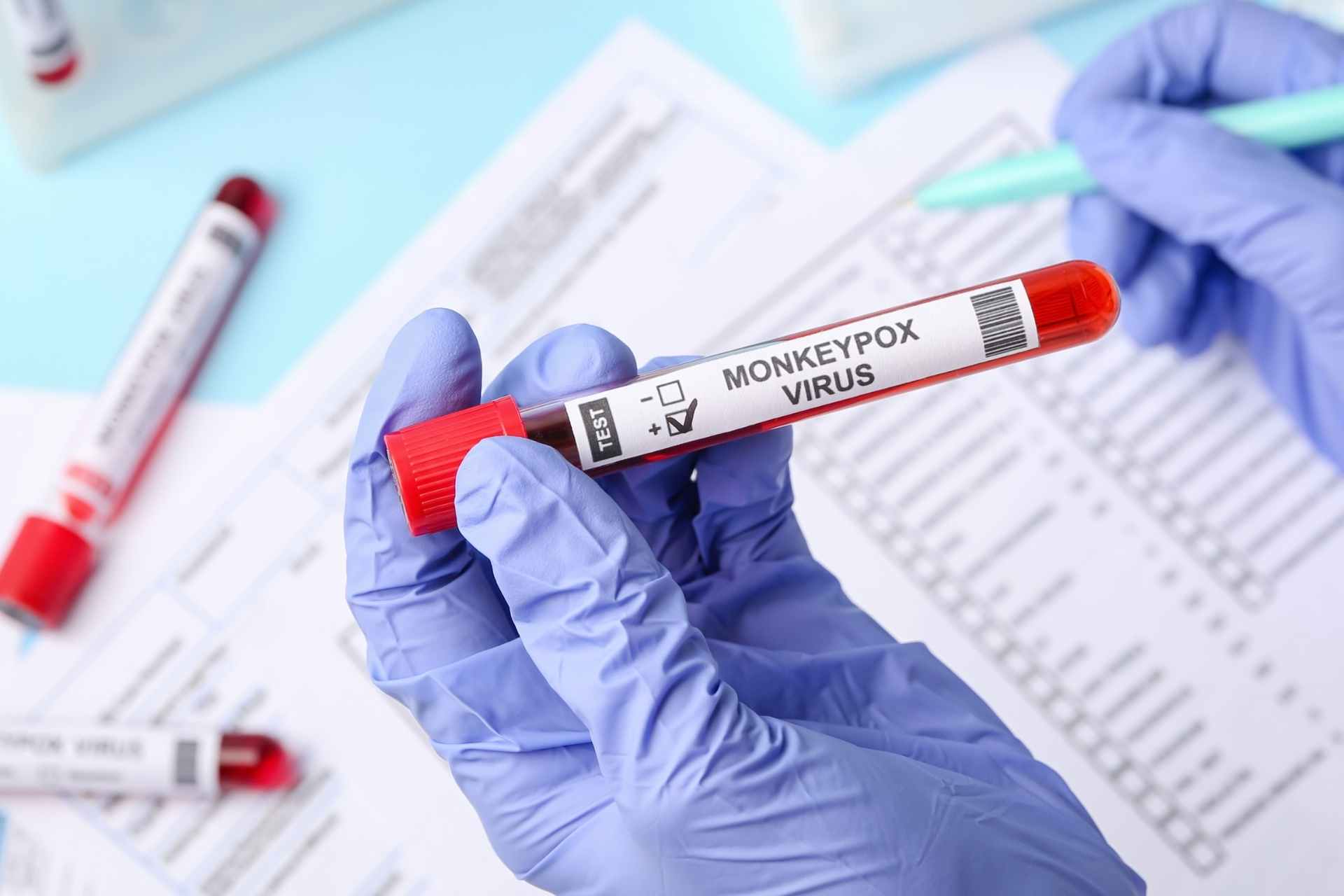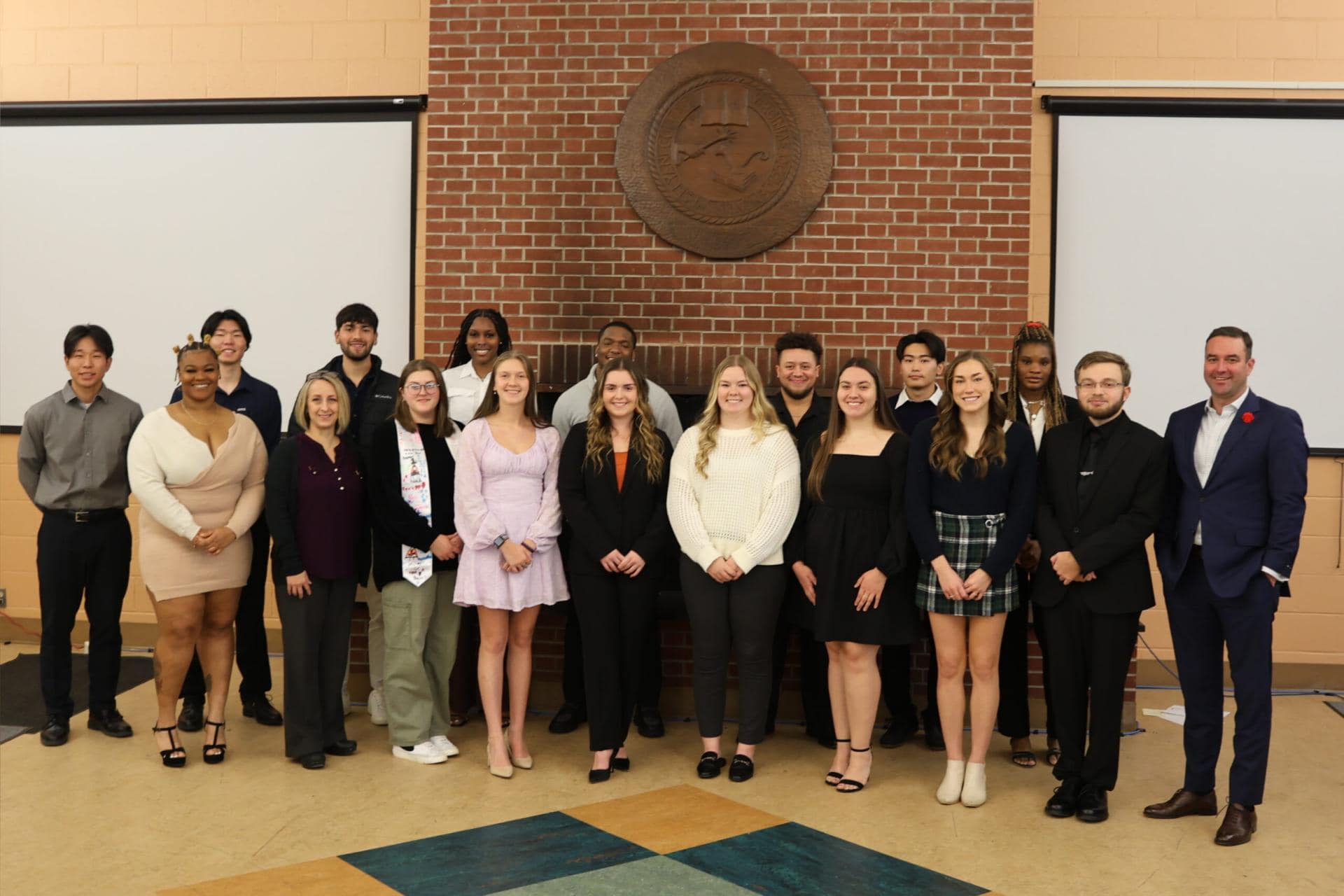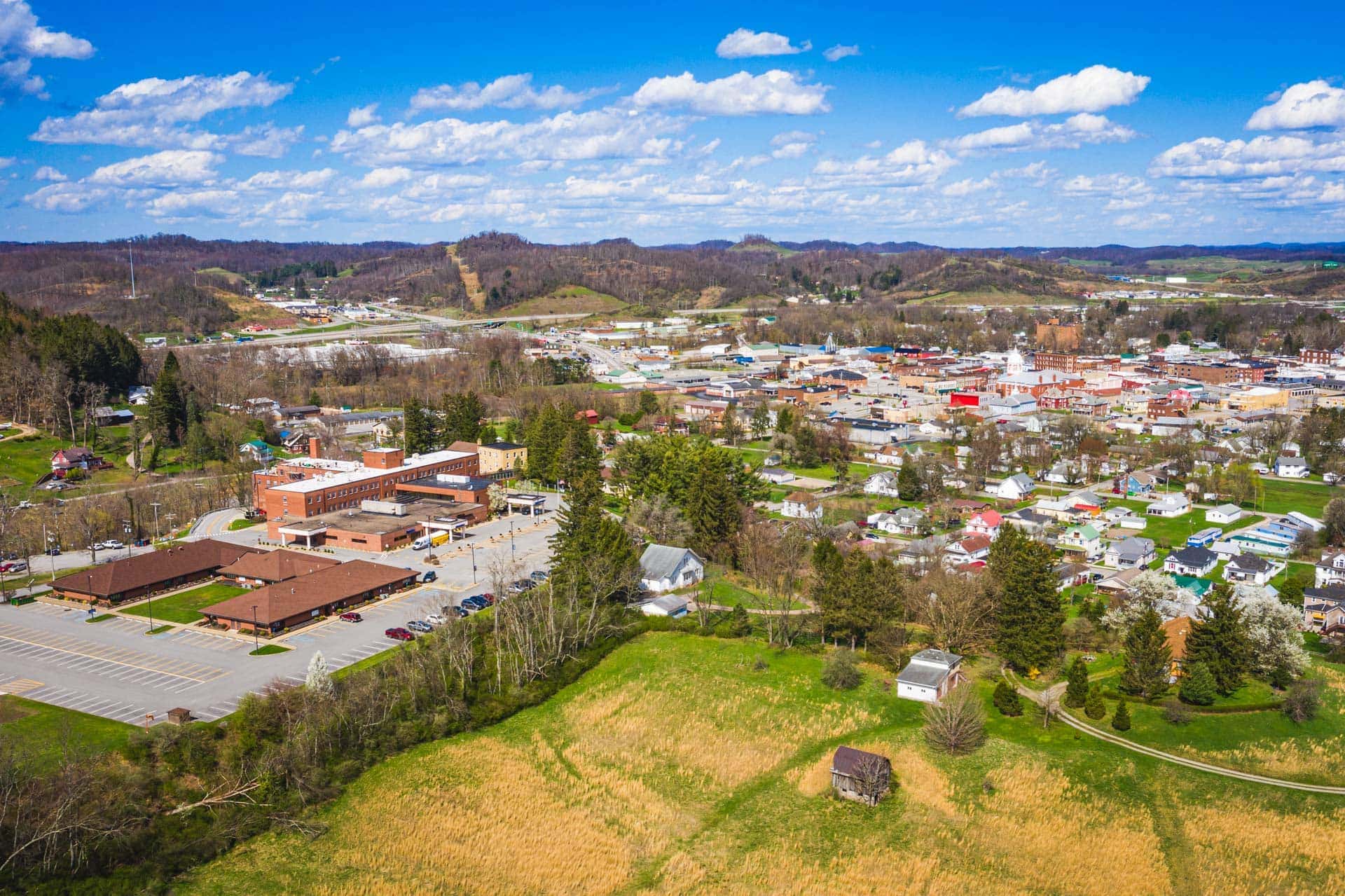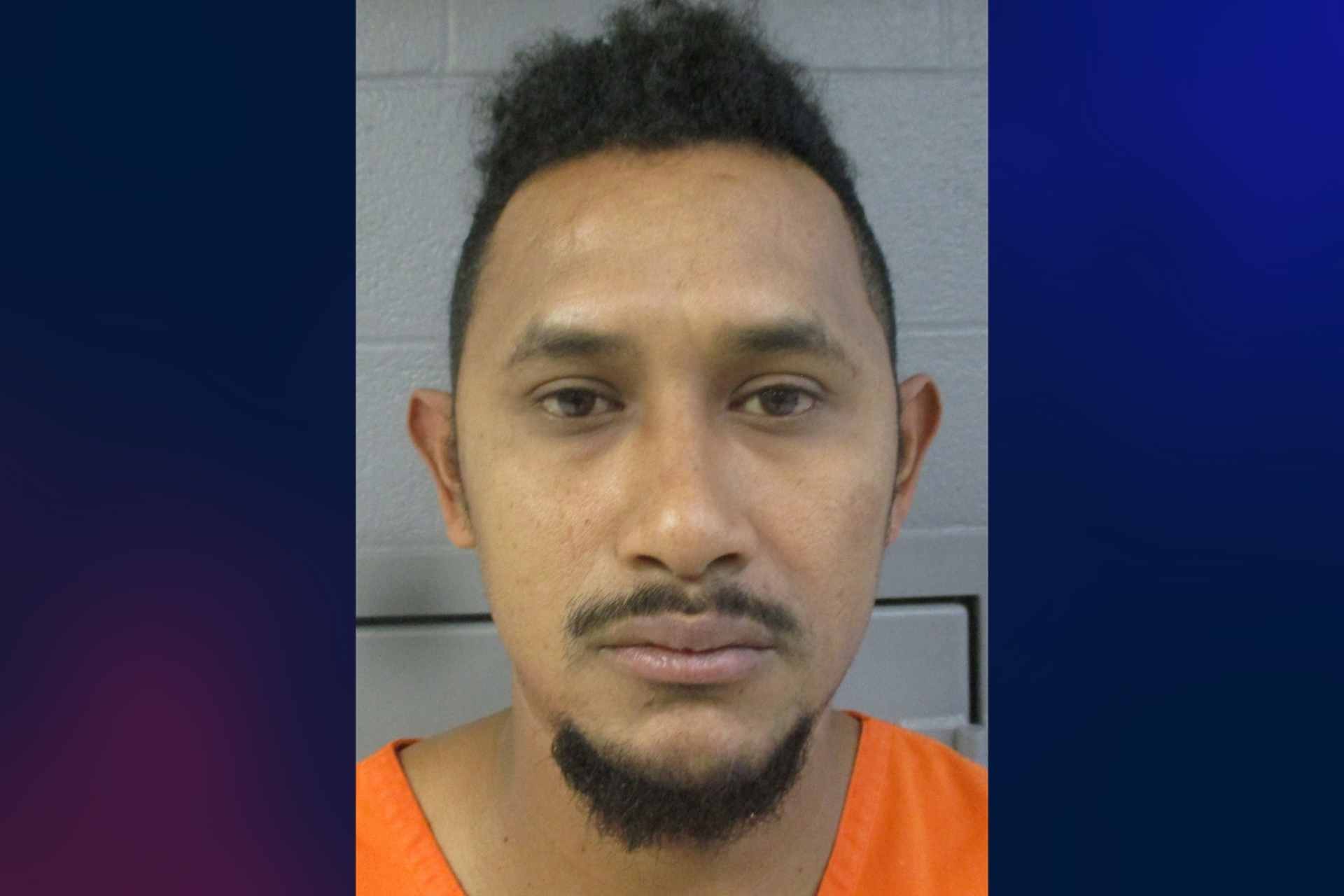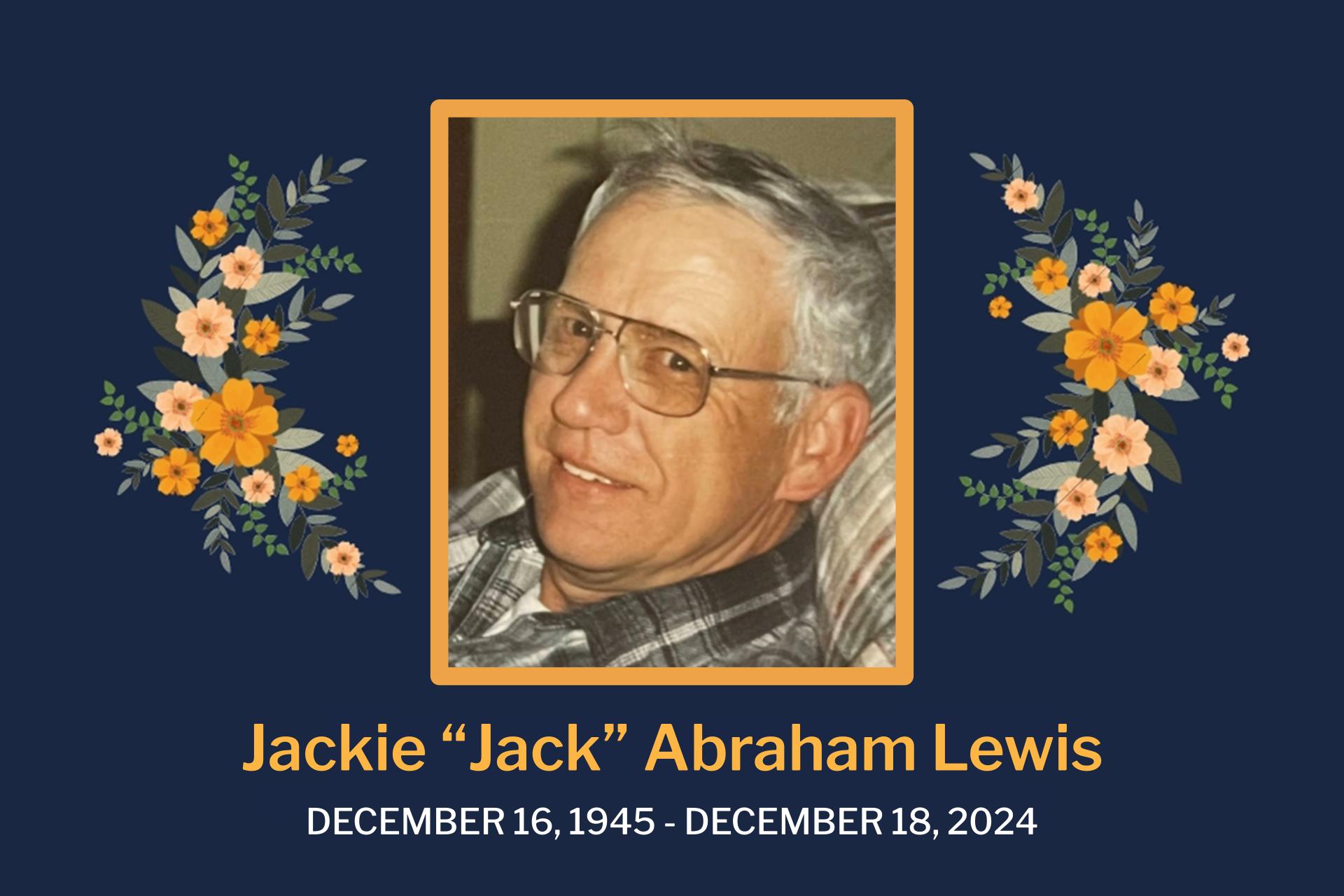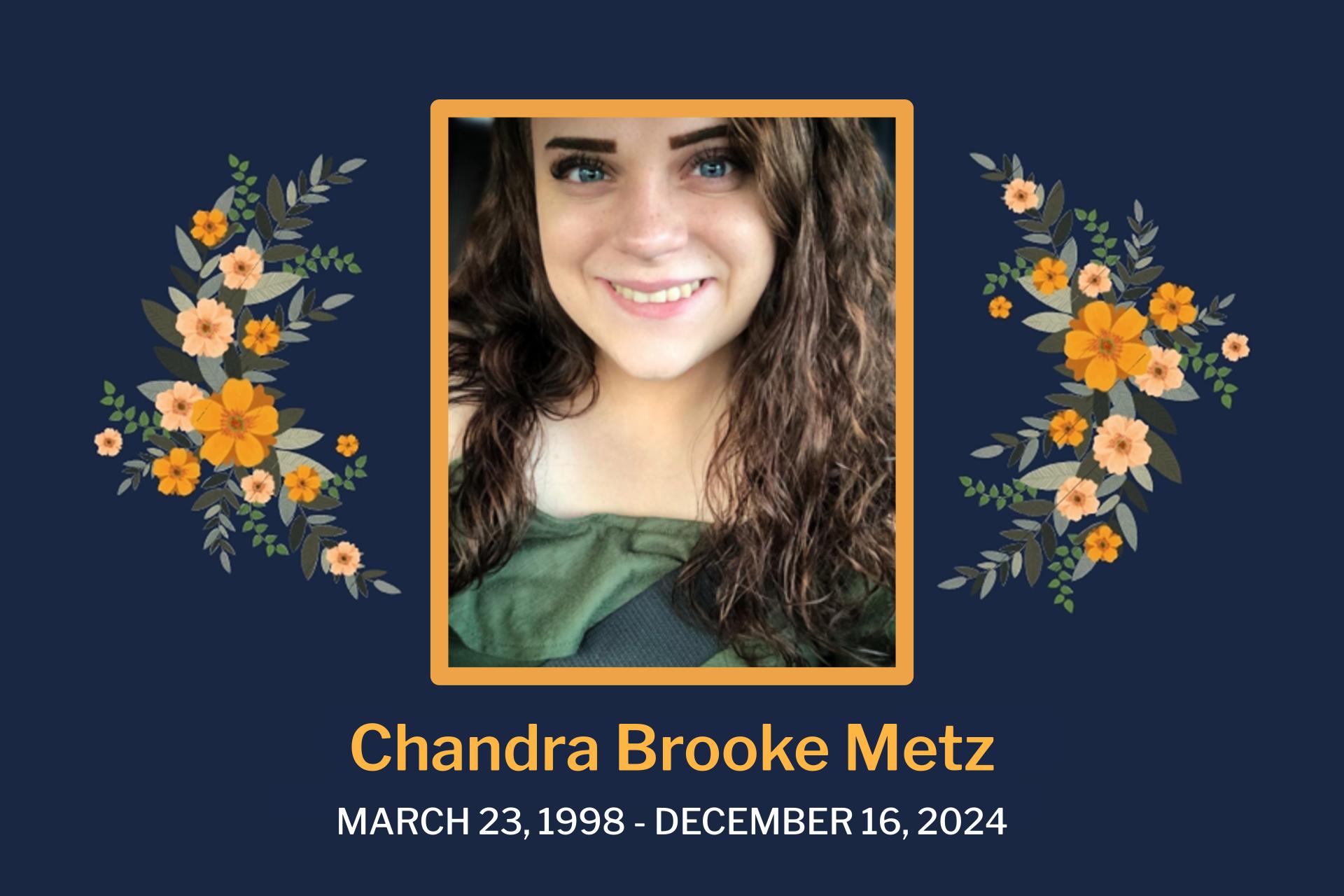Editor’s note: This story was originally published by Mountain State Spotlight. Get stories like this delivered to your email inbox once a week; sign up for the free newsletter at https://mountainstatespotlight.org/newsletter
By Ellie Heffernan, Mountain State Spotlight
A month ago, the United States had fewer than 700 monkeypox cases. Now, the national caseload has risen to nearly 9,000, and President Biden has declared a national state of emergency over the virus.
Only four monkeypox cases have been reported in West Virginia: two in Berkeley County, one in Kanawha County, and most recently, one in Hancock County. The state health officer said last month that the virus posed an “extremely low threat” to West Virginians.
That doesn’t mean West Virginians shouldn’t worry.
The virus is mainly transmitted through close contact, and has mostly affected men who have sex with other men. But we shouldn’t assume things will remain this way, said Dr. Lee Smith, health officer at the Monongalia County Health Department.
“It can spread outside of the high-risk individuals,” Smith said. “That’s not a panic situation. We’re not talking about the next pandemic, but it’s important to keep these things in mind. We need the communities to help keep all of these things at bay.”
What is monkeypox?
Monkeypox is a virus endemic to western Africa. It was first transmitted to humans by wild animals.
Of the more than 30,000 cases in the current global outbreak, most were reported in countries that haven’t historically had monkeypox. No deaths have been reported in the United States from the current outbreak, but people have died in other countries, including Spain, Brazil and India.
Typically, the first symptoms of monkeypox are like a cold; they include aches, swollen lymph nodes and high temperatures. A telltale rash comes one to five days later, starting as raised spots, which turn into small, fluid-filled blisters. These eventually scab and fall off.
Scientists know people catch monkeypox by touching an infected person’s lesions, or things they’ve touched. You can catch monkeypox from someone’s coughs and sneezes, if they’re very close to you, and the virus can also be airborne over small distances.
Although the U.S. Centers for Disease Control and Prevention does not consider monkeypox to be a sexually transmitted disease, the agency says it’s still unclear if the virus spreads via semen or vaginal fluids.
Monkeypox is almost six times less contagious than COVID-19. But the CDC says about one out of every 100 people who get monkeypox die, which is about the same as the CDC’s estimated fatality rate for COVID-19.
Monkeypox fatality rates may be higher among children under 8, people who are pregnant or breastfeeding, people who have skin conditions such as eczema and people who are immunocompromised, including people with HIV or cancer.
Even if you don’t die from monkeypox, developing lesions can be incredibly painful. The virus can also lead to pneumonia, sepsis or even blindness if your eyes are infected.
Can I get vaccinated against monkeypox?
Currently, only two groups of people can be vaccinated against monkeypox in West Virginia: close contacts of infected people (if they aren’t showing symptoms), and some health care workers.
The World Health Organization recommends preventively vaccinating anyone who’s at high risk of contracting monkeypox. West Virginia isn’t doing that, and couldn’t even if health officials wanted to, because there aren’t enough vaccines.
As of Aug. 9, West Virginia only had enough doses to fully vaccinate 513 people against monkeypox, according to a spokesperson for the state Department of Health and Human Resources.
But West Virginia is home to about 13,000 men who have sex with men, according to research published in 2016 by the CDC and Emory University. DHHR said this is how it’s defining the population at highest risk of getting monkeypox.
The state gets its vaccine supply from the CDC, which bases allocations on each state’s total cases, and its population of men who have sex with men. But top health officials have said monkeypox cases are likely undercounted in other groups, criticizing messaging that framed the virus solely as a “gay disease.”
Local health departments must request vaccines from DHHR, which has the state’s only supply. As of Aug. 9, all of the state’s local health departments had only received 40 vaccine doses total.
The vaccine involves two doses, the second usually administered a month after the first. Receiving your first dose of the monkeypox vaccine within four days of being exposed to an infected person can reduce your risk of getting sick.
However, a full immune response doesn’t develop until 14 days after you’ve received your second shot. Until then, you can still catch monkeypox, so you should still avoid close contact with infected people.
The state doesn’t expect to get more vaccines until October.
How can I be tested for monkeypox?
Although monkeypox isn’t the same, some lessons learned during the COVID pandemic have informed health officials’ reactions to the virus.
Malcolm Lanham, the Mid-Ohio Valley Health Department’s community health director, said his department ordered a few of their own test kits when monkeypox cases first started growing.
If you suspect you have monkeypox, visit a doctor or a public health clinic.
If a doctor believes you have monkeypox, they must report the case to the local health department. The state epidemiologist usually needs to approve a monkeypox test, although local health departments can send samples to commercial laboratories, such as LabCorp.
If the test is approved, your doctor will work with DHHR and the local health department to send samples to be tested at the West Virginia Office of Laboratory Services.
Results are typically available within 24 hours. If your test comes back positive for monkeypox, your local health department and DHHR will track your close contacts. DHHR will also send samples to the CDC to confirm the monkeypox case.
